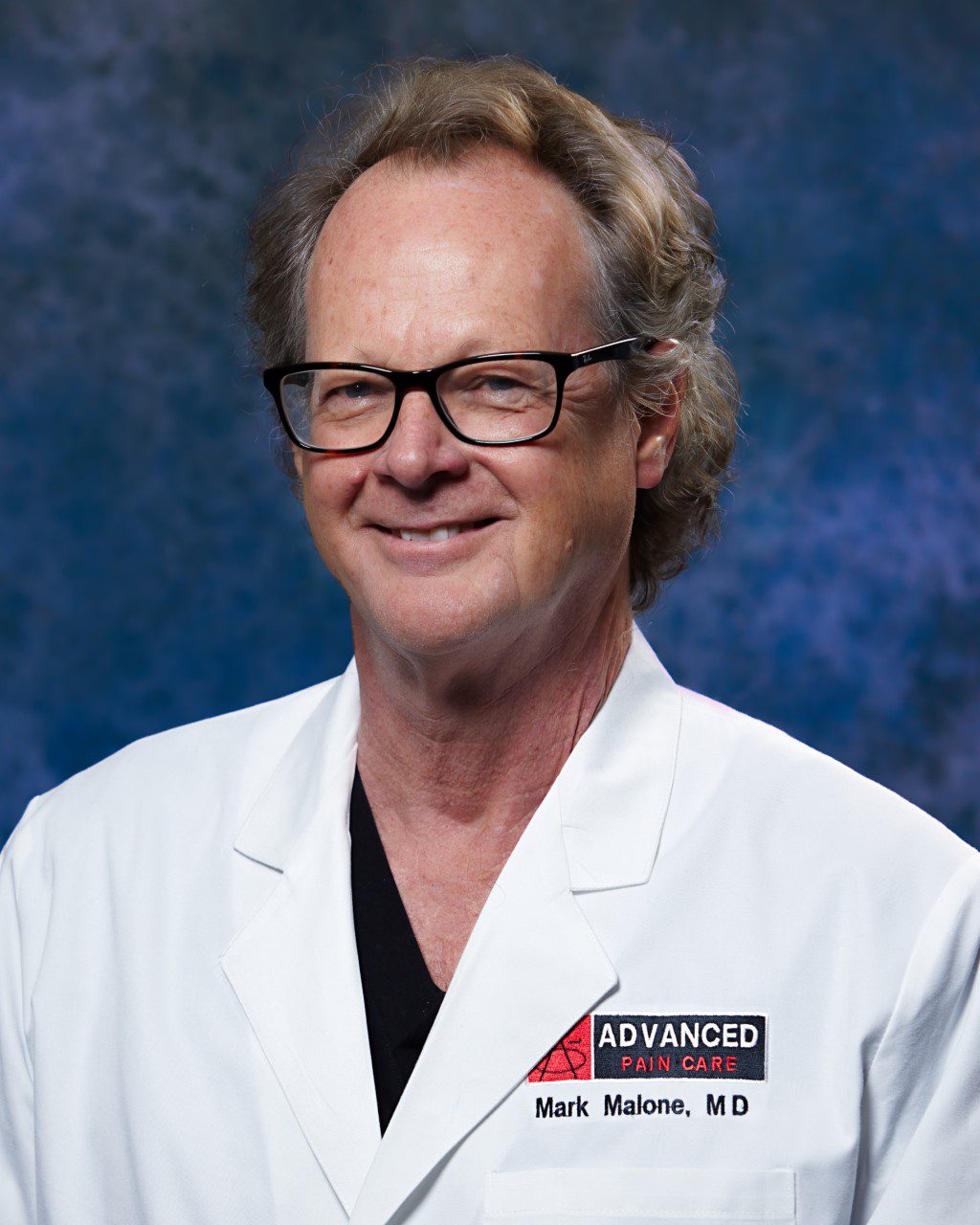You’ve probably heard of it before, but you might be wondering, what is medical tourism? It refers to a person traveling outside their home country to receive medical care. Numerous reasons encourage people to choose medical tourism — it could be cheaper, doctors may have more experience with certain medical conditions or surgeries that people have, the hospital they’re going to may offer the latest and greatest medical technology … the list goes on and on.
The most common types of medical treatments sought by those who travel abroad for medical care are:
- dental work;
- plastic surgery;
- eye procedures;
- fertility procedures;
- weight loss surgery;
- cancer treatment;
- stem cell/bone marrow transplants;
- hip or knee replacement surgery;
- cosmetic surgery.
Medical tourism is a booming business for medical clinics and medical travel agents. In India, medical tourism has become so popular that medical travelers can even buy a medical vacation package: a deal that includes a medical procedure, hotel accommodations, transportation from the airport to the hotel and vice versa, plus sightseeing activities!
Why Choose Medical Tourism?
Quality medical care is not readily available to everyone who needs it, especially in developing nations. Medical tourism has opened up medical care for people worldwide to help get medical procedures they need or get medical procedures done that their insurance will not cover. Medical tourism is so prevalent in India and Thailand that many hotels have even built special wings for medical tourists!
One benefit of having so many medical tourists is that hospitals in less developed areas can invest more into their medical infrastructure, medical training programs and medical technology.
It’s still important to make sure your medical tourism is worth the trip. Research your doctor or medical facility of choice before traveling abroad to make sure they meet your medical needs!
What about Hospital Quality?
Medical tourism is hindered by the fundamental barrier of perceived poor quality. To overcome it, adequate marketing strategies and quality assessment via accreditation by an internationally recognized institution are necessary. This enhances healthcare quality and strengthens patient confidence.
Accreditation can provide even more confidence when affiliated with reputable hospitals or healthcare systems in developed countries. A healthcare provider can be appropriately rated for risk once they are accredited and part of an international referral network.
What Are the Costs?
Globally, medical tourism is estimated to be a multibillion-dollar industry that will grow considerably in the coming decade. When looking for health services abroad, the cost is the crucial factor to consider.
In the U.S. and other parts of the world, healthcare costs are excessively high, so many employers and insurance companies are looking at medical tourism as a way to reduce costs. In addition, more and more countries are beginning to see the financial benefits of this emerging market, so they offer premium medical services at significantly lower prices.
Hospitals and clinics in developing countries can lower their prices mainly due to their economic status. The country’s per capita gross domestic product directly correlates with its income levels. As a result, surgery prices are 30% to 70% lower in medical tourism countries than in the U.S.
Treatment Types
The treatment types and their availability are also major factors in choosing to engage in medical tourism. For example, patients most commonly seek cosmetic surgery, dentistry, organ transplantation, cardiac surgery and orthopedic surgery when they travel for medical tourism.
A wide range of services can be obtained through medical tourism, ranging from various essential treatments to different types of traditional and alternative treatments. In vitro fertilization, surrogacy and other assisted reproductive technologies are common forms of reproductive tourism and reproductive outsourcing.
Access is another major factor responsible for the growth of medical tourism. In its absence, either due to the lack of technology or the prohibition in the home country, medical tourism can ensue. Common examples include stem cell treatments or cytoplasmic transfer.
A Parting Reminder
If possible, medical tourists should consult a travel medicine expert for advice tailored to their specific health needs four to six weeks before traveling. Medical tourists should also communicate with their primary care provider about any concerns they or their provider might have.
If you have any medical conditions, make sure they are well controlled before leaving and make sure you have enough medication (as well as funds) for the duration of your trip.
Finally, medical tourists should stay up-to-date with their routine vaccinations and consider hepatitis B immunization before traveling.
It’s recommended that medical tourists seek immediate medical care if they suspect complications, either during their trip or upon returning home. An early diagnosis and treatment can result in a better outcome when medical care is sought promptly.





0 Comments